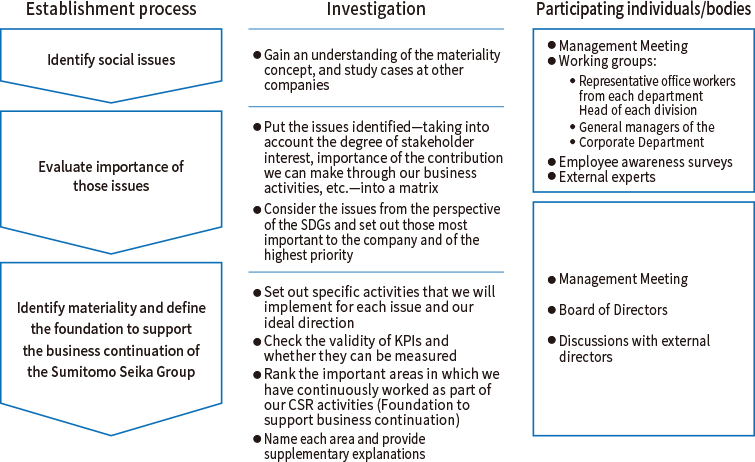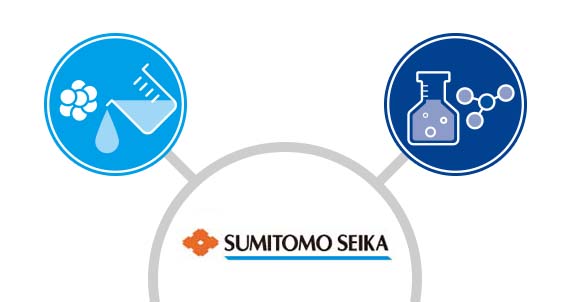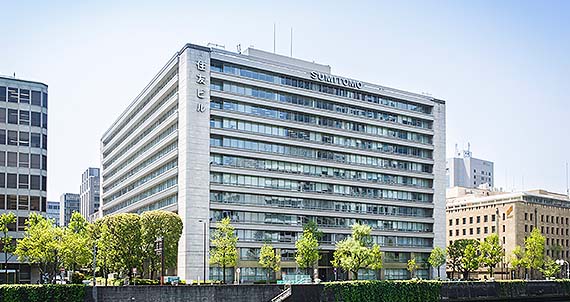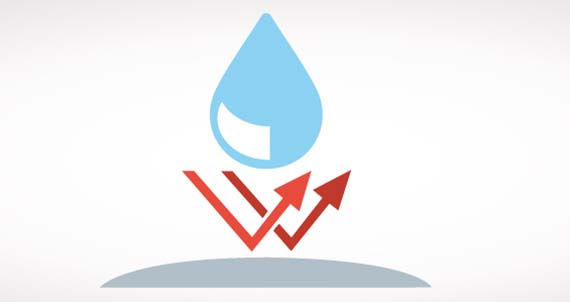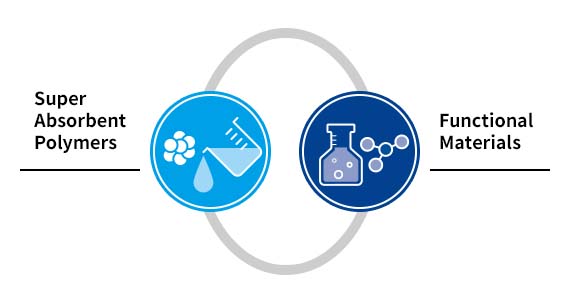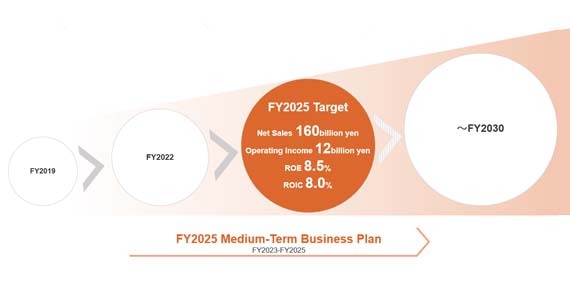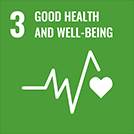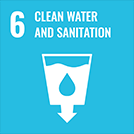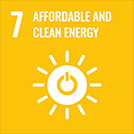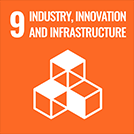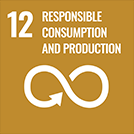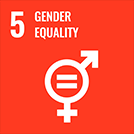Materiality (Material Issues)
Materiality
(Material Issues)
As a group, our aim is to work toward the world’s common targets, the SDGs, to contribute to the sustainable development of society, and to meet the expectations of all of our stakeholders.
As environmental and societal sustainability becomes ever more important, we have set six material issues to clarify how we can contribute to resolving the issues in order to achieve the SDGs. These were determined following a process that involved the identification of societal issues by internal working groups and outside experts, evaluations of these issues to judge importance, and then discussion and final decision by the Management Meeting and Board of Directors.In addition, as a “foundation to support business continuity,” we have defined five basic elements of corporate activities that are indispensable in addressing the material issues and must be constantly enhanced.To overcome these material issues by fiscal 2030, we have set ourselves key performance indicators (KPI) targets for each. Progress status, and future actions, are discussed by the Sustainability Committee, and then reported to the Board of Directors. We will also review both material issues and KPIs to follow changes in society.
Materiality and KPIs
Identification Process
